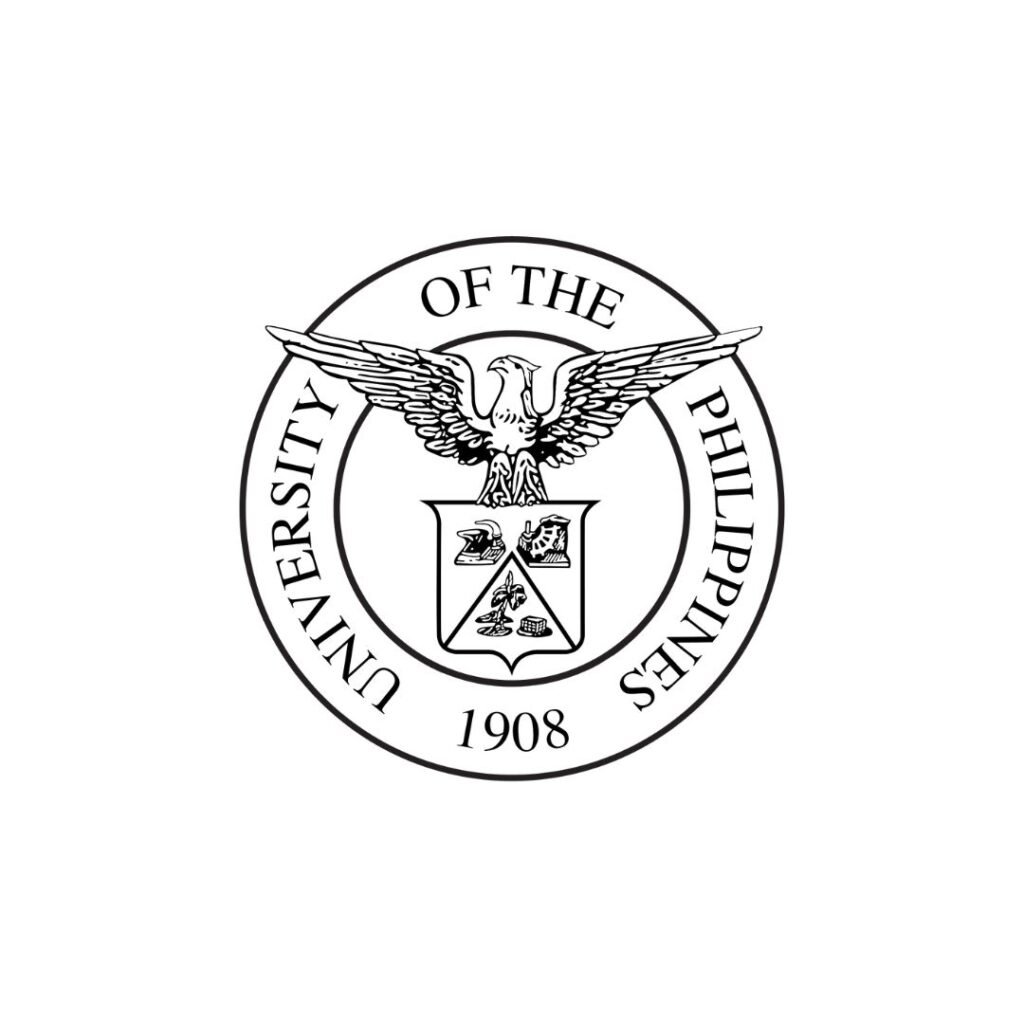Externship in Industry

Rationale
Externships in industry not only help the University form strong linkages with leading key industries but also help bridge the gap between “classroom knowledge” and knowledge needed in actual practice. More industry- or market-driven research can thus be pursued in the university.
By interacting with industry and business professionals in the workplace, faculty members and researchers are able to:
- Update themselves on current trends and advances in the field
- Develop or upgrade their skills in curriculum development and pedagogy
- Develop or upgrade their technical and instrumentation skills
- Explore new useful applications of their fields
- Understand the actual needs of industry
- Broaden their perspectives by learning from the academic culture of foreign universities and the efficiency and productivity of industries
As a result, they become better equipped to:
- Improve curriculum and teaching and learning in the classroom
- Enrich courses with new materials and activities, and share their own research and creative output
- Enrich their intercultural experience and share with students a more global or “glocal” perspective
- Conduct high-level research and creative work with foreign collaborators
- Initiate and conduct needs-based research projects
- Directly partner with industry for innovation
- Design a curriculum that is responsive to industry demands
- Eventually build their own business or enterprise
Both local and international externships are supported. Considerable weight will be given to the impact or significance of the applicant’s research to advancing the goals of the unit or the department.
